This article is featured in Bitcoin Magazine’s “The Withdrawal Issue”. Click here to subscribe now.
A PDF pamphlet of this article is available for download.
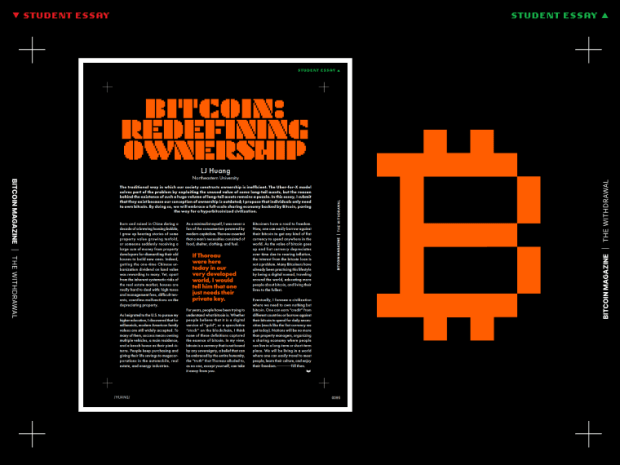
The traditional way in which our society constructs ownership is inefficient. The Uber-for-X model solves part of the problem by exploiting the unused value of some long-tail assets, but the reason behind the existence of such a huge volume of long-tail assets remains a puzzle. In this essay, I submit that they exist because our conception of ownership is outdated; I propose that individuals only need to own bitcoin. By doing so, we will embrace a full-scale sharing economy backed by Bitcoin, paving the way for a hyperbitcoinized civilization.
Born and raised in China during a decade of a brewing housing bubble, I grew up hearing stories of some property value growing tenfold, or someone suddenly receiving a large sum of money from property developers for dismantling their old houses to build new ones. Indeed, getting the one-time Chinese urbanization dividend on land value was rewarding to many. Yet, apart from the inherent systematic risks of the real estate market, houses are really hard to deal with: high taxes and management fees, difficult tenants, countless malfunctions on the depreciating property.
As I migrated to the U.S. to pursue my higher education, I discovered that for millennials, modern American family values are still widely accepted. To many of them, success means owning multiple vehicles, a main residence, and a beach house as their pied-à-terre. People keep purchasing and giving their life savings to megacorporations in the automobile, real estate, and energy industries.
As a minimalist myself, I was never a fan of the consumerism powered by modern capitalism. Thoreau asserted that a man’s necessities consisted of food, shelter, clothing, and fuel. If Thoreau were here today in our very developed world, I would tell him that one just needs their private key.
For years, people have been trying to understand what bitcoin is. Whether people believe that it is a digital version of “gold”, or a speculative “stock” on the blockchain, I think none of these definitions captured the essence of bitcoin. In my view, bitcoin is a currency that is not bound by any sovereignty, a belief that can be embraced by the entire humanity, the “truth” that Thoreau alluded to, as no one, except yourself, can take it away from you.
Bitcoiners have a road to freedom. Now, one can easily borrow against their bitcoin to get any kind of fiat currency to spend anywhere in the world. As the value of bitcoin goes up and fiat currency depreciates over time due to roaring inflation, the interest from the bitcoin loan is not a problem. Many Bitcoiners have already been practicing this lifestyle by being a digital nomad, traveling around the world, educating more people about bitcoin, and living their lives to the fullest.
Eventually, I foresee a civilization where we need to own nothing but bitcoin. One can earn “credit” from different countries or borrow against their bitcoin to spend for daily necessities (much like the fiat currency we get today). Nations will be no more than property managers, organizing a sharing economy where people can live in a long-term or short-term place. We will be living in a world where one can easily travel to meet people, learn their culture, and enjoy their freedom.
Till then.
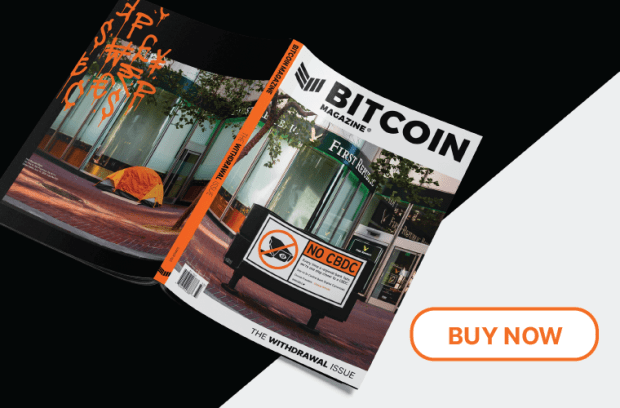
This article is featured in Bitcoin Magazine’s “The Withdrawal Issue”. Click here to subscribe now.
A PDF pamphlet of this article is available for download.
This is a guest post by LJ Huang. Opinions expressed are entirely their own and do not necessarily reflect those of BTC Inc or Bitcoin Magazine.

You can get bonuses upto $100 FREE BONUS when you:
💰 Install these recommended apps:
💲 SocialGood - 100% Crypto Back on Everyday Shopping
💲 xPortal - The DeFi For The Next Billion
💲 CryptoTab Browser - Lightweight, fast, and ready to mine!
💰 Register on these recommended exchanges:
🟡 Binance🟡 Bitfinex🟡 Bitmart🟡 Bittrex🟡 Bitget
🟡 CoinEx🟡 Crypto.com🟡 Gate.io🟡 Huobi🟡 Kucoin.

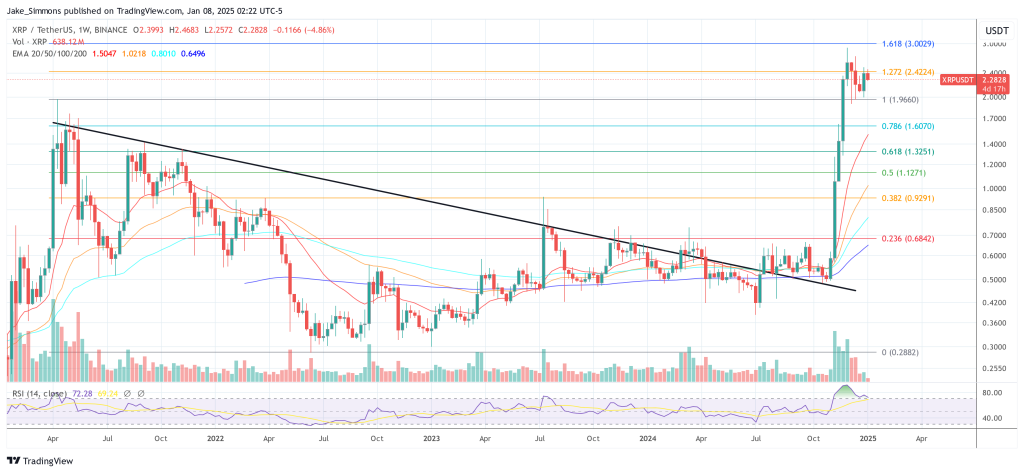

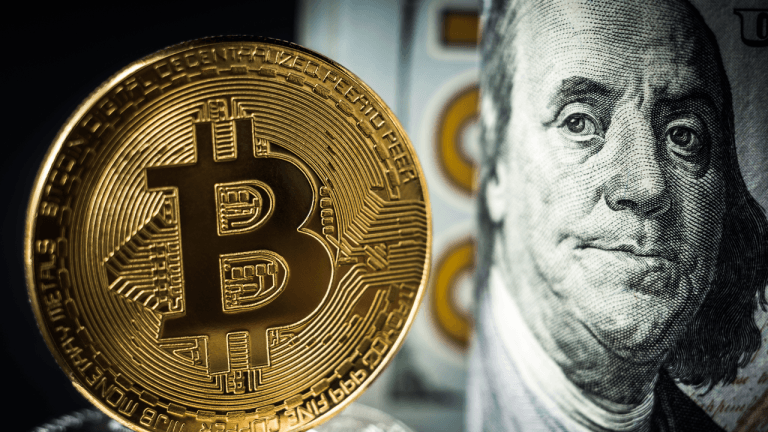


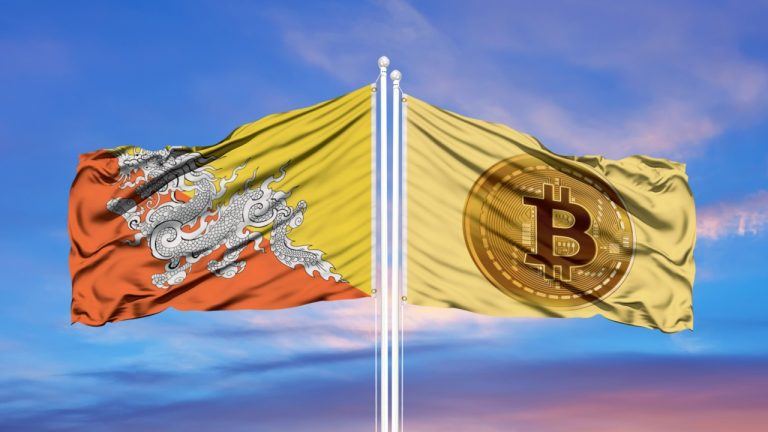
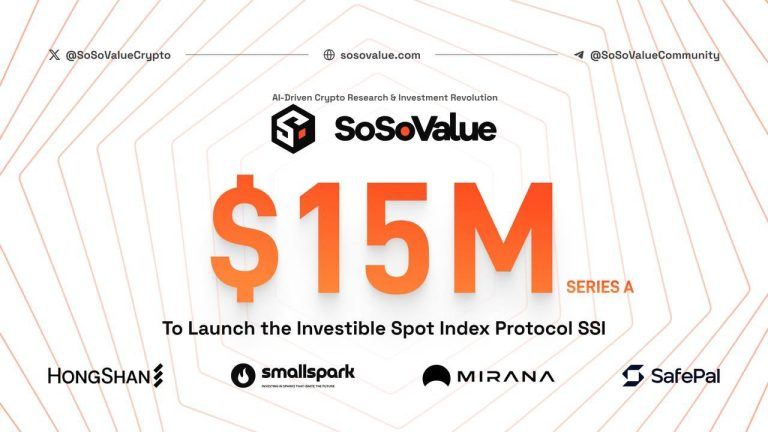


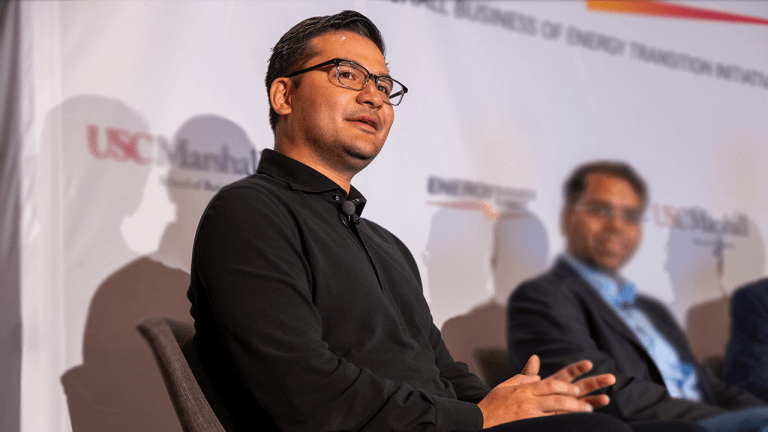



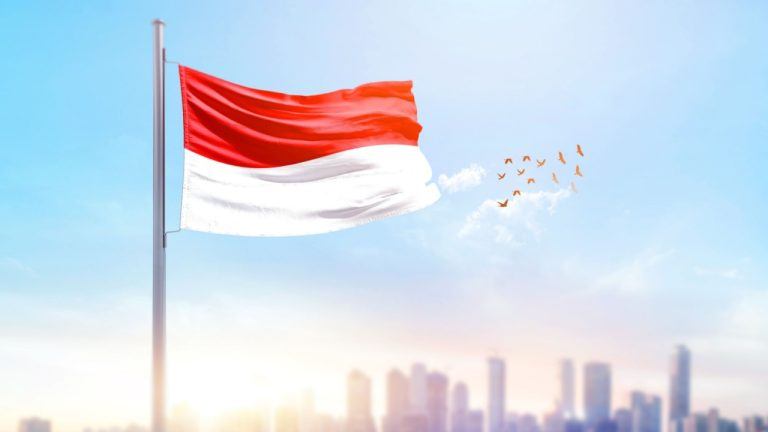



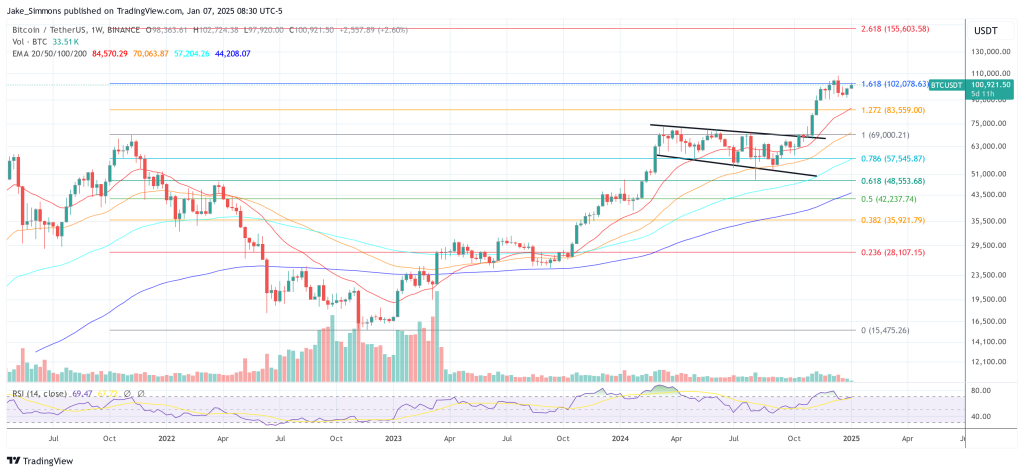

Comments